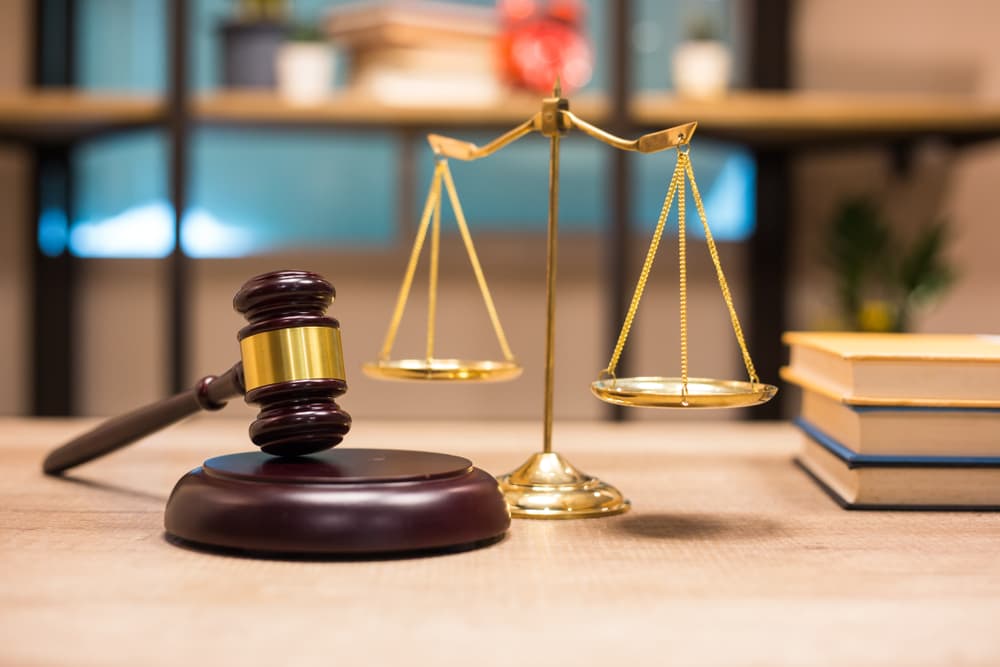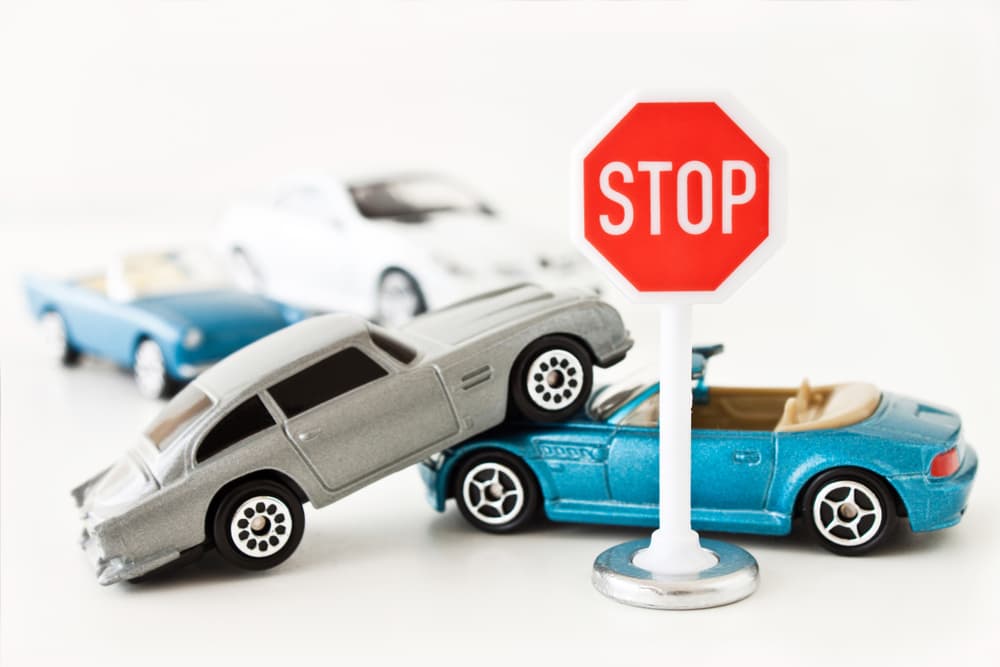- Automobile accidents
- Building fires
- Scalding/hot water
- Electrical accidents
- Lighters and matches
- Industrial accidents
How to Care for Burns After an Accident
We don’t pretend to be doctors and we are not going to provide medical advice, but we wanted to share some basic tips and resources we have discovered over the years on how to care for burns after an accident. If you have been seriously injured in an accident or burned, please call 911 immediately and seek medical attention.
Knowing how to care for burns could save a life. This is especially true since The American Burn Association estimates that there are more than 1 million burn injuries every year, and 500,000 burn accident injuries require medical treatment. They estimate 4,000 burns per year result in death, of which 3,500 are from fires and the other 500 are from auto and plane crashes, electricity, chemicals, hot liquids, and other types of burns.
Injuries resulting from a burn accident can cause severe pain, permanent cosmetic disfigurement and life-long emotional distress, and burn victims often require long-term medical care. Serious burn victims are often treated with skin grafts, and because skin grafts do not grow, multiple surgeries may be required.
Serious burns can result from:



